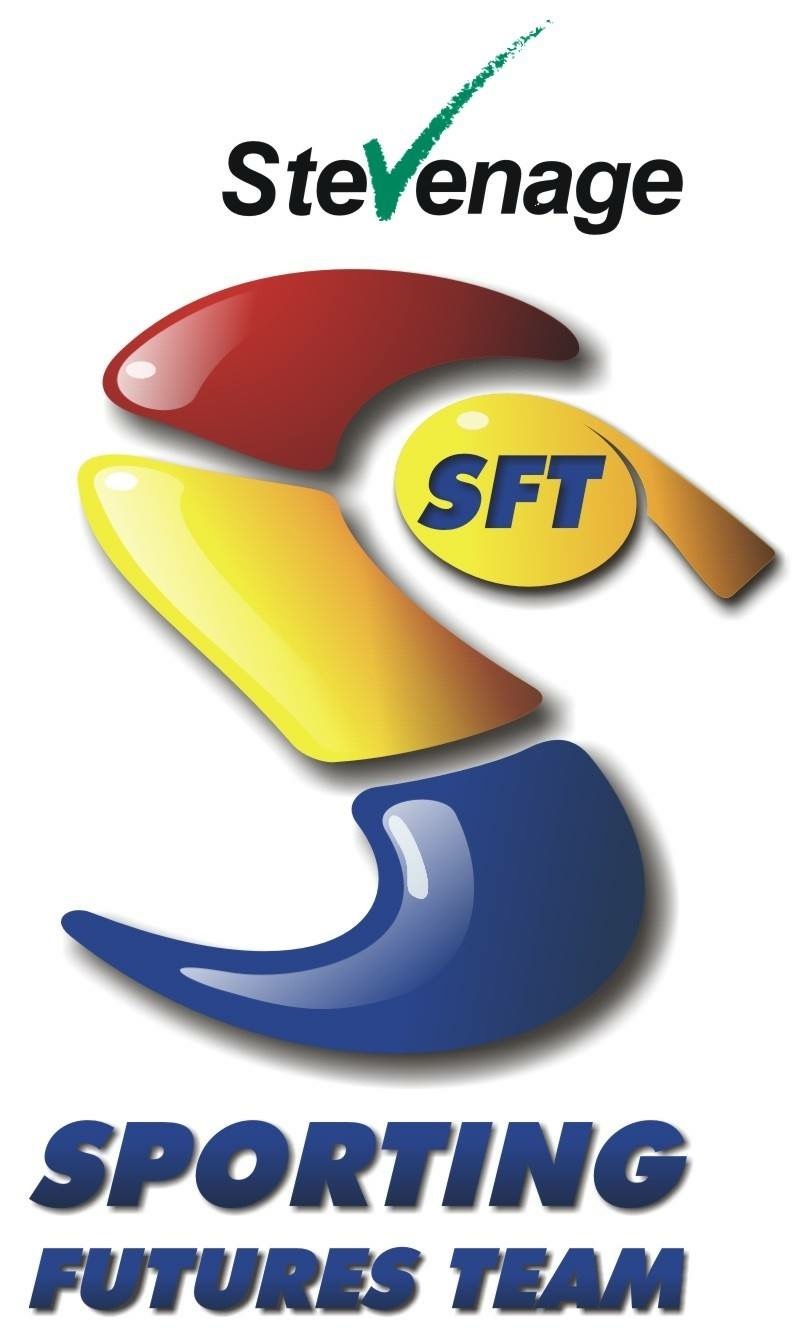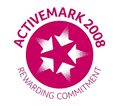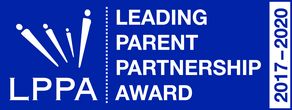Mrs T Skeggs - Executive Heateacher
Mrs M Newhouse - Head of School
Featherston Road, Stevenage, Herts. SG2 9PP
Email: admin@featherstonewood.herts.sch.uk
Tel: 01438 235550
Mrs M Newhouse - Head of School
Featherston Road, Stevenage, Herts. SG2 9PP
Email: admin@featherstonewood.herts.sch.uk
Tel: 01438 235550
Sitemap
Our Office
|
Our Staff
|
Our Classes
|
Our Learning
|
Inclusion
|
Our Governors
|
Our PTA
|
Our Community

.JPG)
.JPG)
.JPG)
.JPG)
.JPG)
.JPG)
.JPG)
.JPG)
.JPG)
.JPG)
.JPG)
.JPG)
.JPG)
.JPG)
.JPG)
.JPG)
.JPG)
.JPG)
.JPG)
.JPG)
.JPG)





